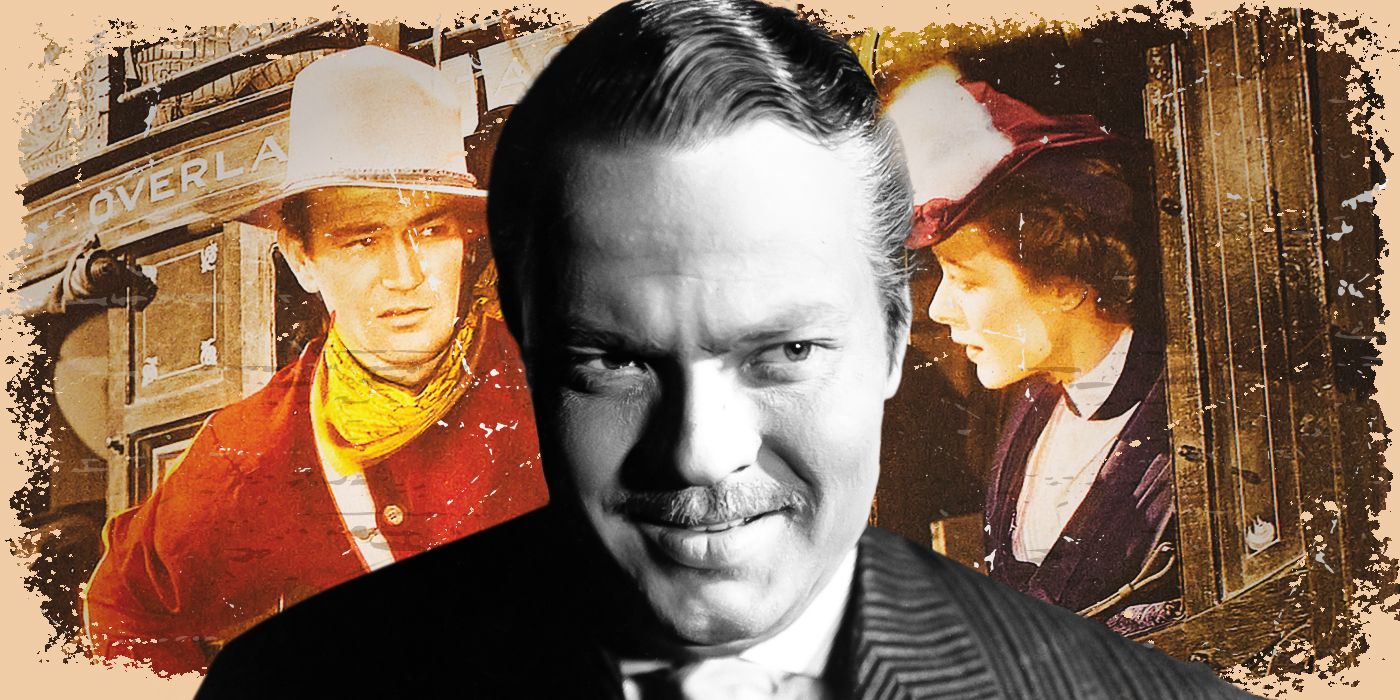
Having established himself as a wunderkind in radio and theater, Orson Welles was summoned to Hollywood by the executives at RKO, who granted him an unprecedented amount of freedom to direct his debut feature, Citizen Kane. It was a surprising move for many reasons, not least of all because he had zero experience in the movie business prior to making one. In an era before film schools, Welles gave himself a crash course in directing from an unlikely source: John Ford‘s landmark Western Stagecoach, which he watched quite a few times.
‘Stagecoach’ Took the Western to New Artistic Heights
According to Welles’s biographer, Simon Callow, the director screened Ford’s film, which made John Wayne a star, up to 40 times, usually after dinner and “often with some different technician or department head from the studio.” Each time he would ask, “‘How was this done?’ ‘Why was this done?'” As big of an influence as it had on Welles, Stagecoach had an even greater impact on the Western genre.
The story of Stagecoach is as old as the genre itself. A ragtag group of strangers is traveling by stagecoach across dangerous Apache territory (sadly, the films’ depiction of Native Americans is as regressive as you would imagine). The passengers are a collection of Western archetypes, including Doc Boone (Thomas Mitchell in an Oscar-winning supporting turn), a brilliant surgeon whose hands shake when he isn’t drunk, and Hatfield (John Carradine), the noble gambler. Along the way, they pick up the Ringo Kid (Wayne), who’s just broken out of jail and falls in love with Dallas despite her checkered past.
By the time Ford made Stagecoach, he was already a prolific workhorse with over 90 features and shorts under his belt, most of them made during the silent era (and, unfortunately, the vast majority of which are lost to time). Although he excelled at Westerns like The Iron Horse and 3 Bad Men, it was the moody, expressionistic drama The Informer that won him his first of a record four Oscars for Best Director. Westerns were broadly popular with audiences, but they weren’t considered a “serious” genre, and those who excelled at them — like Wayne — were often relegated to smaller studios. That all changed with Stagecoach, which was the first of fourteen collaborations between Wayne and Ford.
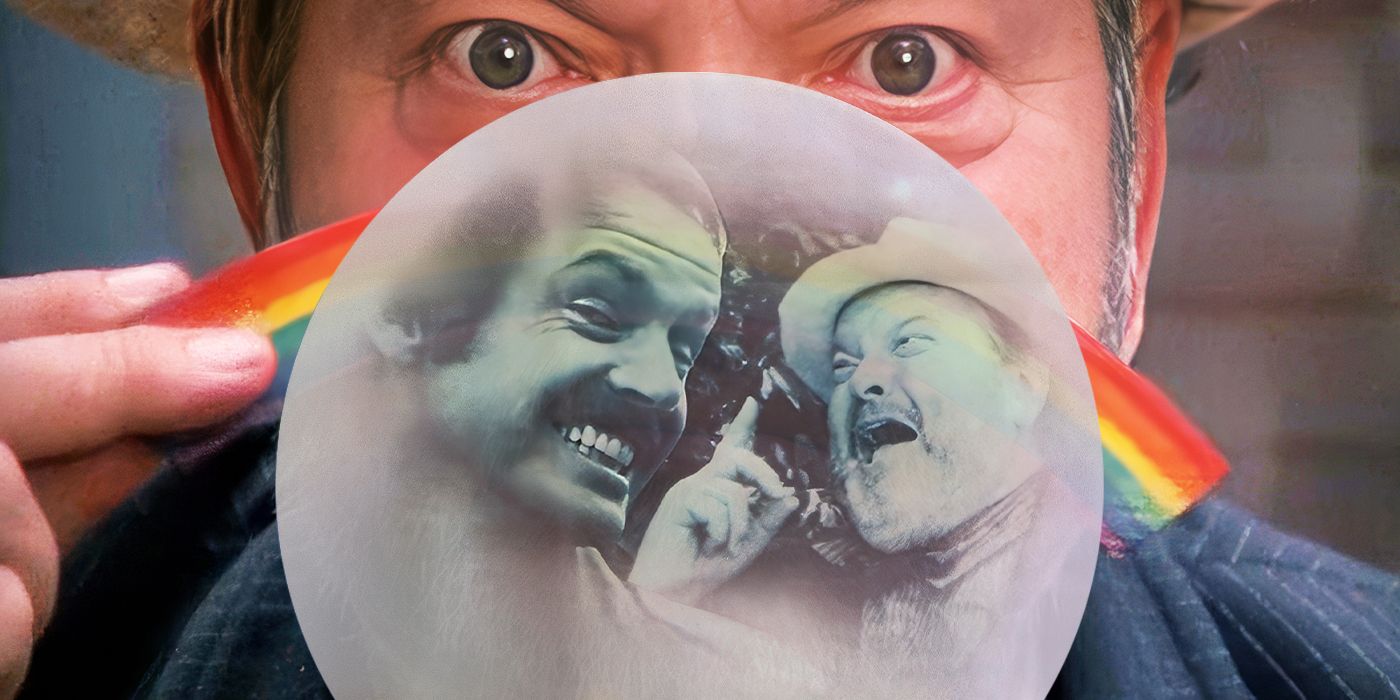
What set Stagecoach apart wasn’t the originality of its story, but how seriously it took it. The characters might be taken straight from dime store fiction, but the script by frequent Ford collaborator Dudley Nichols invests them with enough humanity and complexity that they come across as more than mere caricatures. There’s also a majesty to the visuals, with the director’s beloved Monument Valley showing the smallness of man against the immensity of nature. And then there’s Wayne, who had been slumming in B-movies after landing a lead role in Raoul Walsh‘s cowboy saga The Big Trail nearly a decade earlier. Rarely has a major movie star been announced so magnificently as Wayne is here, with Ford rushing the camera into a shot of him atop a horse, shotgun in hand. This wasn’t just our introduction to the Ringo Kid: it was our first glimpse of John Wayne: the man, the myth, the legend.
What Did Orson Welles Love About ‘Citizen Kane’?
What exactly Welles gleamed from Stagecoach for Citizen Kane is perhaps unknowable, considering the two films couldn’t be more different. Roger Ebert speculates in his Great Movies review that he was perhaps influenced by the “lean editing style,” and Ford’s ability “through casting and dialog” to make sure “that the purpose of each scene was made clear, and then he lingered exactly long enough to make the point.” Whether it was the editing, the visuals, or the casting, it’s likely he was impressed by Ford’s ability to bring his own personality to a product of the Hollywood Studio System, which treated directors more like hired hands than great artists.
Ford’s sentimentality, his visual poetry, and his moral code are ever-present in Stagecoach, and is what distinguishes his films from those of his contemporaries. Welles was, above all else, an individualistic artist, bringing his own unique sensibilities to movies that were often butchered by the very same studio heads who had granted him so much freedom on Citizen Kane. Yet, thanks to Stagecoach, he learned that the most important rule of directing is to bring your own voice to whatever it is you’re making, no matter how difficult that may be.

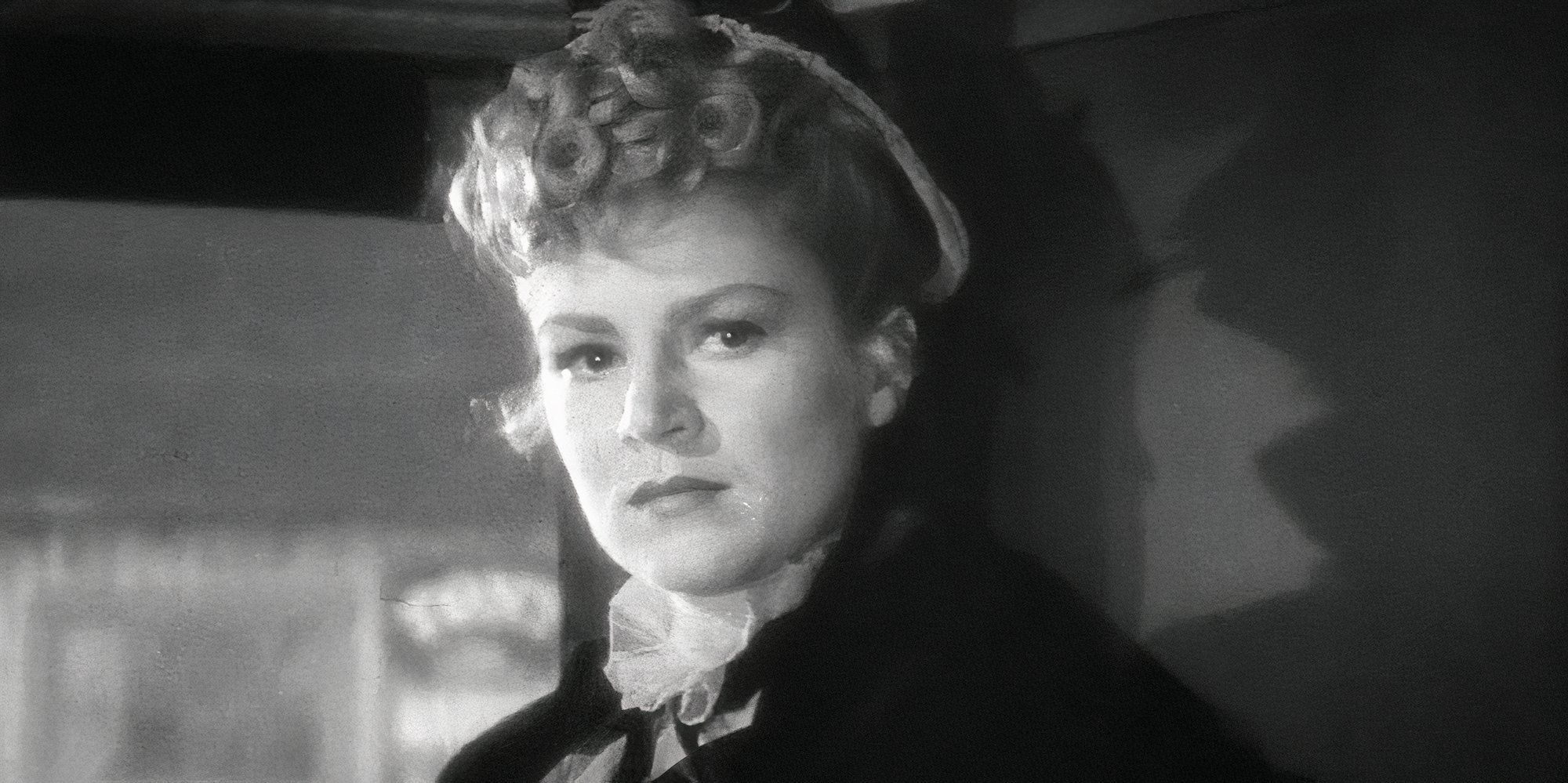
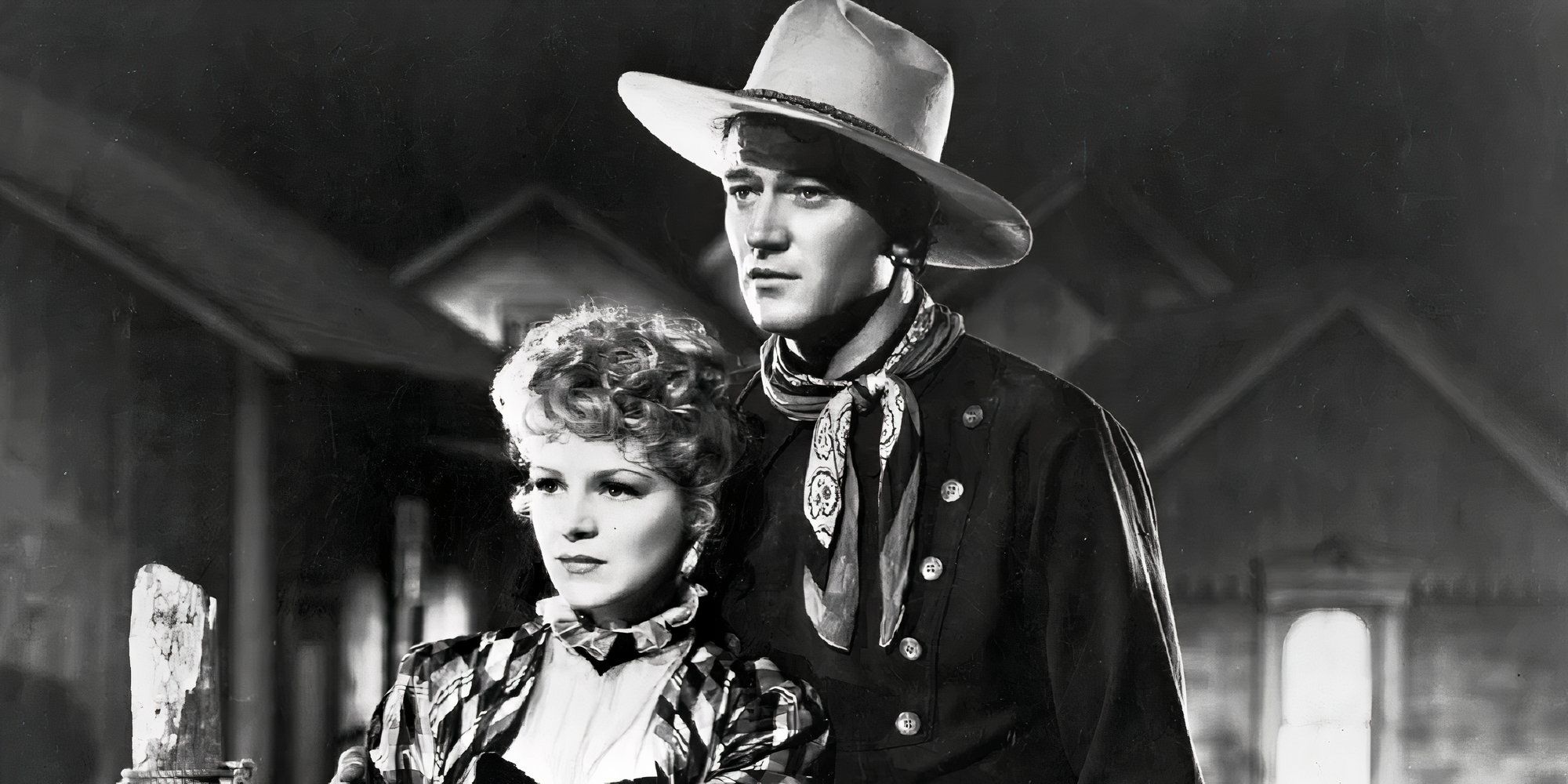
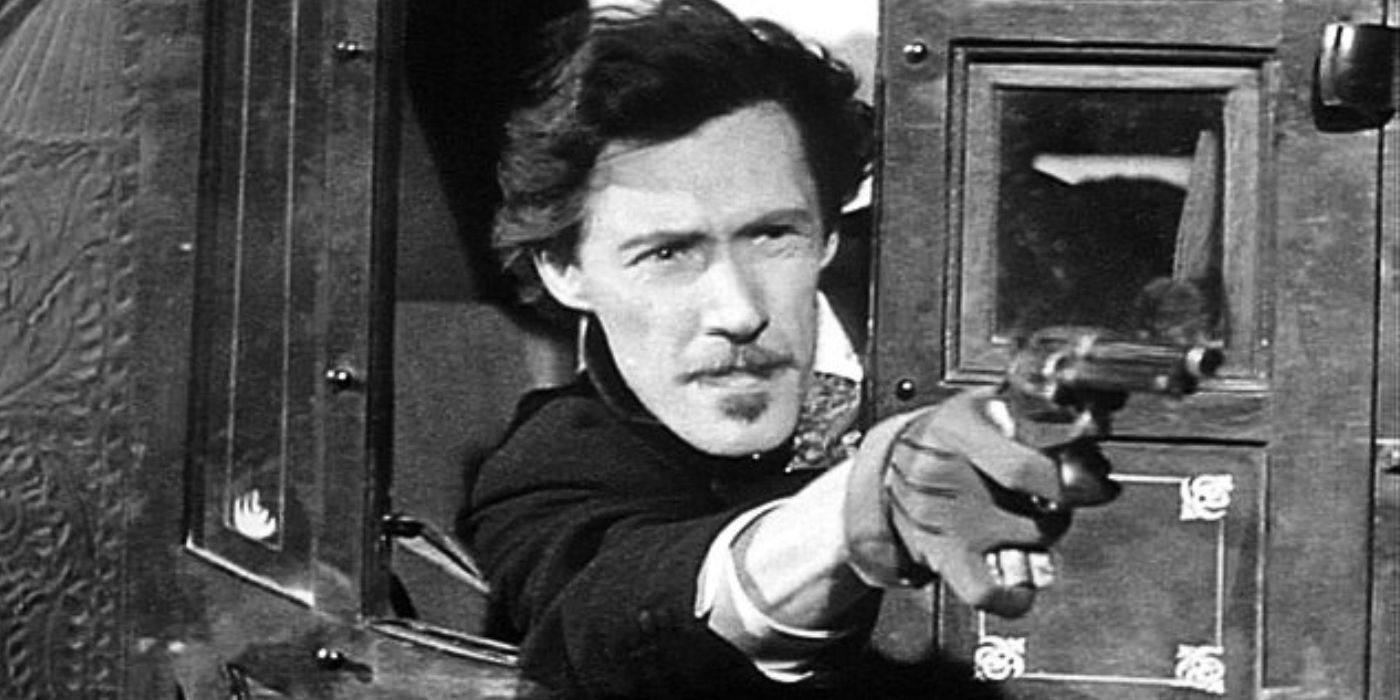
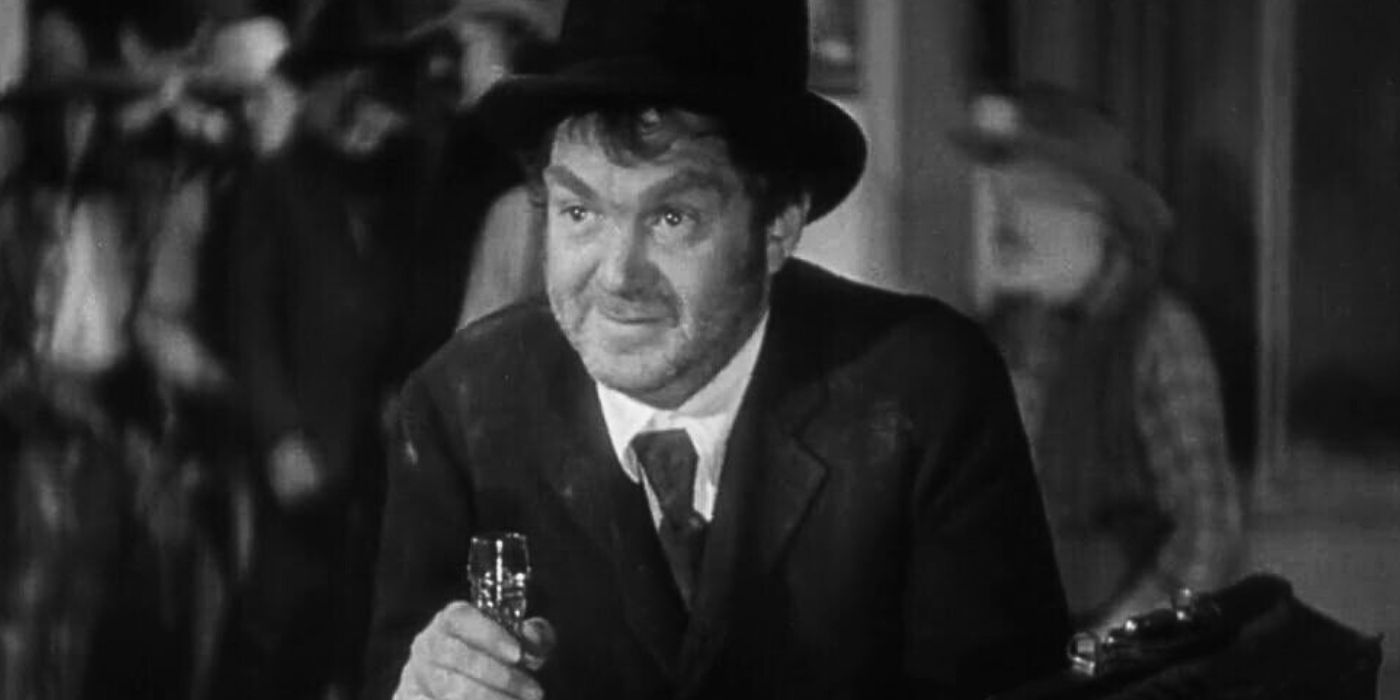
Leave a Reply